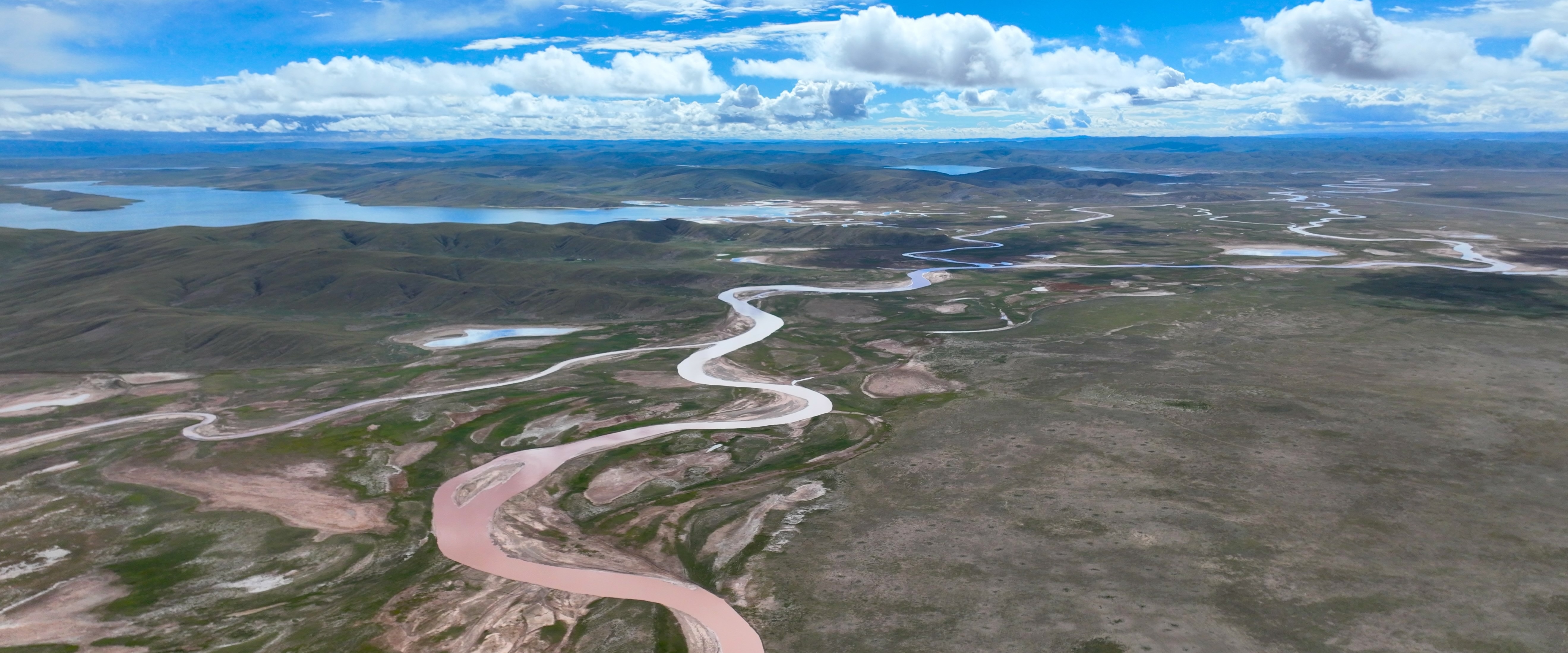
The degradation of the cryosphere, primarily driven by amplified climate warming, exerts profound impacts on inland waters from the Arctic to the Qinghai-Tibet Plateau. As glaciers retreat, snowpacks diminish, and permafrost thaws, these processes disrupt hydrological regimes, elevate water temperatures, and modify groundwater-surface water interactions. In these waterscape-abundant regions, inland waters serve as critical components of carbon and nutrient cycles. The loss of cryospheric components further disrupts carbon cycling, alters nutrient fluxes, and shifts oxygen dynamics in surrounding waterways. These changes frequently trigger increased organic matter release from thawing permafrost and drive shifts in ecosystem productivity. Collectively, such transformations threaten to fundamentally reshape the structure and function of inland water ecosystems.
Cryosphere Hydro-Biogeochemistry Lab is led by Chunlin Song at Sichuan University, China. Our lab studies the physical, chemical, and ecological processes of inland waters in a rapidly changing cryosphere. This research includes the biogeochemistry of inland waters and watershed hydrology in the cryosphere region. Our study region is centered on the Qinghai-Tibet Plateau, with a parallel focus on hydro-biogeochemical dynamics in the pan-cryosphere globally.